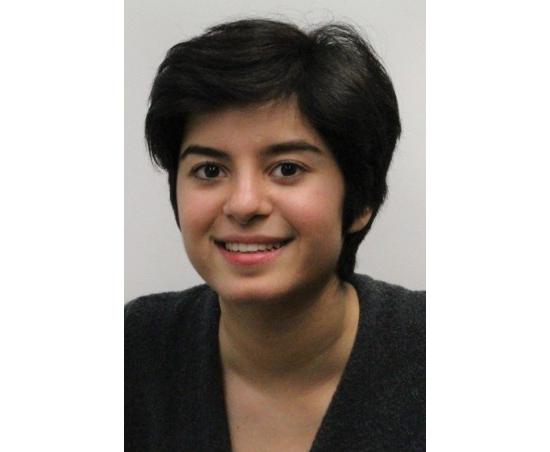By Farnia Fekri
I’ve questioned my own femininity for as long as I’ve known what the word means. Stumbling through my teenage years and confronting it every time I looked at my reflection, I often thought back to a car ride with my parents, when I asked if I could please have a Nerf gun.
My dad had responded, “Why would you want a gun? You have dolls.” I stayed quiet. Convincing a seven-year-old that a lame Barbie is as good as a gun with actual “shoot-stuff” capability is nearly impossible — but I didn’t argue. In that moment, I grasped the then-blurry edges of an idea I’d already seen lurking in adult conversations: gender.
Almost 10 years later and with a bluntly short haircut in my largely-monotone high school, I’d grown up alternating between tomboy-ism and isolation. I was surprisingly OK with being different for a 16-year-old, concerning myself more with books than with booze. I had insecurities about my appearance — so did every other girl around me. I walked through it relatively unscathed. The first time I felt the sharp edges of femininity was on a sunny day in mid-September, 2011, on my walk home. Strolling through the complex of townhouses towards my own, approaching a mother and her young sons, I heard one of the kids yell, “Mommy, is that a boy or a girl?”
He was probably five years old and there was no ill intention. There are very few people that I’ve had to clarify my gender to since, the way that some people in the trans community have to their whole lives. It was just — in the timeline of my life — not that important. But it stung. It stayed. It grew and kept coming back. Should I grow my hair? Is it my jawline? Is it my nose? My body? My voice, my words, the ideals of female beauty, the white-ness of these ideals? What is it?
In the years since, I’ve genuinely stopped caring. Sometimes I wear lace — it makes me feel beautiful. I’ve kept my hair short. I still don’t wear makeup. When a professor mistook my gender, squinting at me from rows of seats away, there was no embarrassment except for the sudden hush of the class around me — I clarified and moved on.
But it’s worth it, as a friend once told me, to question the world that shapes us. And in our own small way, in this issue, we wanted to do that. I personally don’t know a lot about sex. I know more about love. I know a bit about gender. But what I know more than most is people — the way they fear their own reflections, how they hide in the shadows of low-self esteem and name it “humility,” the jump in their voices when they answer personal questions. I’ve spent a long time seeing people bask in the glow of not seeing their own beauty. Join your sisters, find solidarity with your brothers — you are all convinced of your own ugliness. I’m sure they could say the same for me.
These questions of standards, of expectations, reality and hope are what we wanted to address in the 2016 Love, Sex and Gender issue. The intended theme to unify the paper was change — be it in trends in contemporary lingerie or the definition of being a man.
But what emerged as we started to use long-form in telling the stories of students healing from abusive relationships, or empowerment and self-love amongst racialized women, was the larger idea of individuality. More than ever at this time and on this campus, it’s OK for you to be different. All of the Nerf guns and curious-toddlers-on-sidewalks that haunt you, that haunt us all, are momentary distractions to your indisputable beauty and — best of all — your singularity.













Leave a Reply